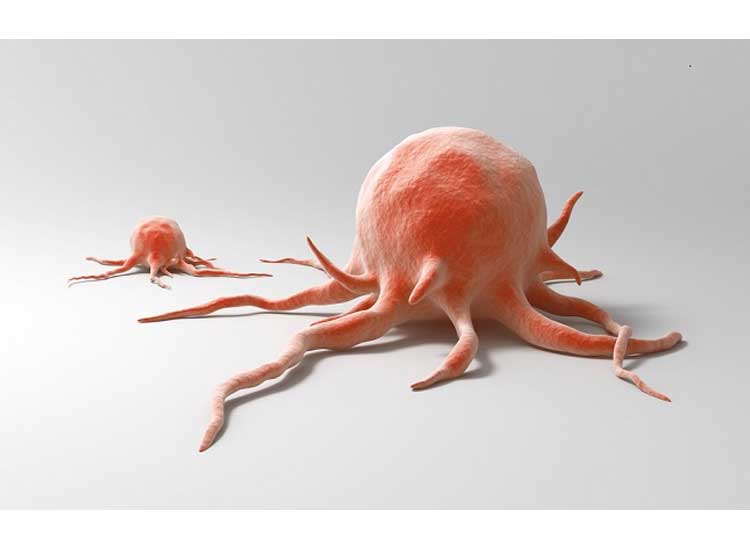This is a treatment method for cancer sufferers – Jakarta – Cancer is a malignancy that requires immediate medical treatment. Because if left without treatment, cancer can spread to other organs (metastasize) and become life threatening. There are many cancer treatment options tailored to the type, severity and overall health condition. So, what types and cancer treatment options can be done?
Three Types of Cancer Treatment
Treatment is carried out to treat cancer and ensure that sufferers can live a normal life. If your cancer cannot be cured, there is treatment to inhibit the development of cancer cells and prevent the spread of cancer cells to other organs in the body.
Primary treatment aims to remove or destroy cancer cells in the body. Many medical treatments are carried out in this type of treatment, but most cancer cases are treated with surgery. If the type of cancer you are experiencing is sensitive to chemotherapy and radiation, surgery can be the main choice for cancer treatment.
Adjuvant therapy aims to destroy cancer cells remaining in primary treatment, thereby reducing the possibility of cancer cells growing again. This treatment consists of chemotherapy, radiation, and hormone therapy.
Palliative care aims to reduce the side effects of cancer treatment. This type of treatment consists of surgery, radiation, chemotherapy, and hormone therapy.
Of the three types of treatment, the following cancer treatments could be an option.
1. Operation
The operation aims to remove cancer cells in the body. The surgical procedure is adjusted to the goals, the amount of tissue removed, the part of the body that requires surgery, and the wishes of the cancer sufferer. Surgery can treat cancer by removing cancer cells, preventing tumor growth, and reducing cancer symptoms. However, surgery can also cause side effects in the form of pain and infection.
2. Radiation Therapy
This treatment uses high levels of radiation doses to kill cancer cells, prevent cancer from growing again, and inhibit the growth of cancer cells. What you need to know is that radiation therapy has the potential to damage healthy cells that are close to cancer cells, so talk to your doctor first before deciding on radiation therapy.
3. Chemotherapy
Chemotherapy works by stopping the growth of cancer cells, so this action can reduce symptoms, prevent spread, slow growth and destroy cancer cells in the body. Even though it has many benefits, chemotherapy can cause side effects in the form of hair loss, body aches, loss of appetite, nausea, vomiting, shortness of breath, bleeding, difficulty sleeping, fatigue, constipation or diarrhea, decreased sexual desire, mouth ulcers, and even psychological disorders.
4. Immunotherapy
This procedure is performed to help the immune system fight cancer cells. This is done by stimulating the immune system to stop the growth of cancer cells and providing special substances that function as an artificial immune system (such as immune proteins). Types of cancer immunotherapy are monoclonal antibodies, cancer vaccines, and T-cell therapy. Side effects of immunotherapy include fever, nausea, vomiting, headache, joint and muscle pain, shortness of breath, and hypotension or hypertension.
5. Targeted Therapy
Cancer treatment that targets cancer cells uses drugs or other substances. This therapy functions to inhibit the growth and spread of cancer cells without damaging the healthy cells around them. This action also has the potential to cause side effects, in the form of diarrhea, liver problems, hypertension, fatigue, dry skin, and changes in the color of nails and hair.
6. Hormone Therapy
Hormone therapy is often used in cases of prostate and breast cancer. Hormone therapy works by shrinking tumor cells before surgery or radiation, reducing the risk of cancer cells reappearing, and destroying cancer cells. Side effects that can arise are decreased sexual desire, diarrhea, nausea, fatigue, and brittle bones.
Link Terkait :


No Responses